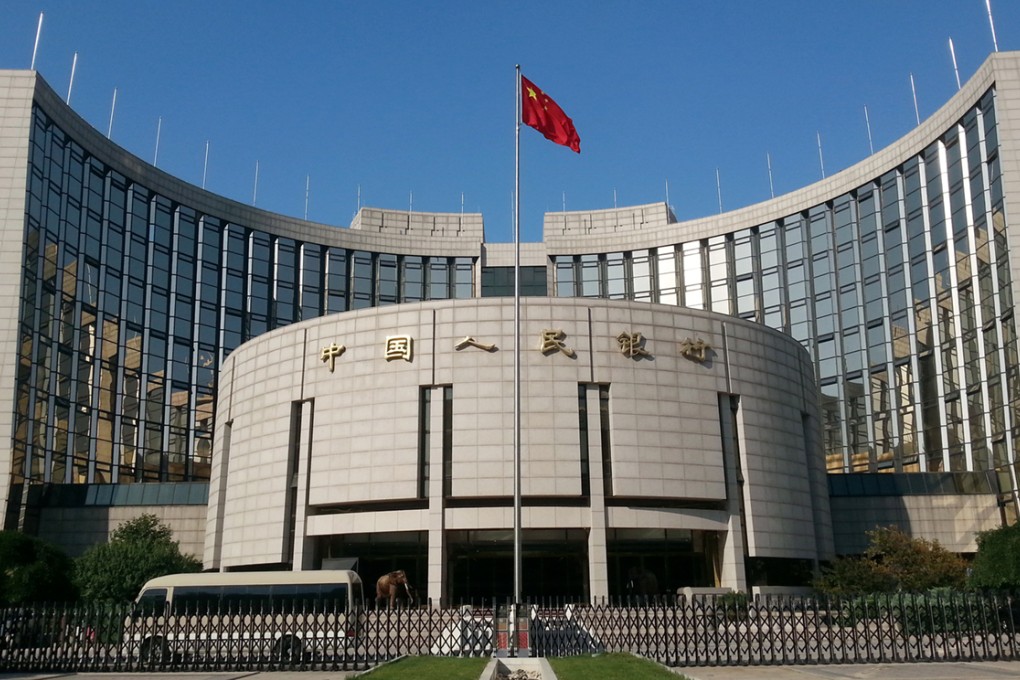World Bank urges Beijing to license collateral management firms
The Ministry of Commerce should set up regulations and a licensing system for collateral management companies in wake of the Qingdao metals and other major financing frauds.

The Ministry of Commerce should set up regulations and a licensing system for collateral management companies in wake of the Qingdao metals and other major financing frauds.
In making the call, Lai Jinchang, the World Bank's principal operations officer for East Asia and Pacific finance and markets, also criticised the mainland's security interest registry system, which is split between the People's Bank of China and the State Administration for Industry and Commerce.
To mitigate problems of multiple pledging of warehouse receipts that might have caused the metals financing fraud uncovered at Qingdao port in June, the Ministry of Commerce should regulate the collateral management industry and introduce licensing requirements, Lai told the .
He said the government should ensure such companies, some of which are set up by logistics firms, meet basic requirements and supervised by the ministry, which oversees trade, retailing and warehousing.
"If the companies are not behaving properly, there should be a way of revoking their licence or imposing punishments, such as fines," Lai said.
In the Qingdao case and an earlier one involving steel in Shanghai, the collateral management companies could not be punished because of a lack of regulation, he said.
